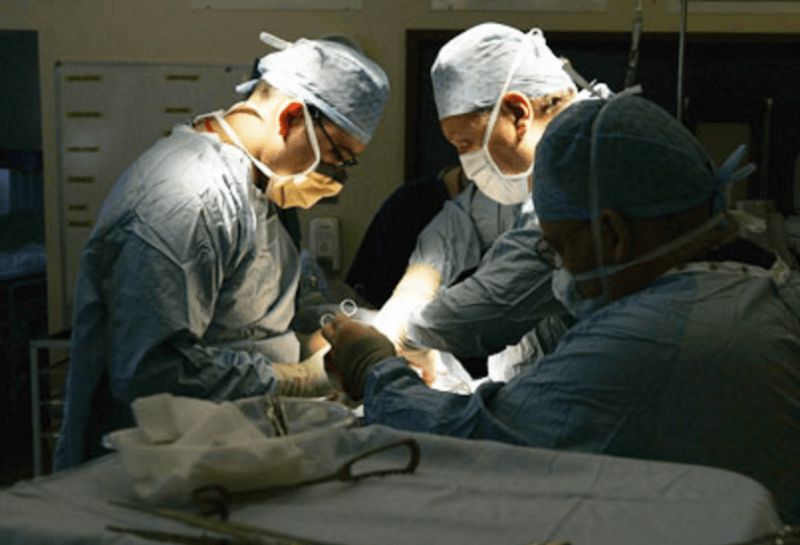The GLP aggregated and excerpted this blog/article to reflect the diversity of news, opinion and analysis.
Six years ago, Wang Huanming was paralyzed from the neck down after being injured wrestling with a friend. Now, he is one of several people in China who have volunteered for a body transplant at a hospital in the northern Chinese city of Harbin.
The idea for a body transplant is the kind of thinking that has experts around the world alarmed at how far China is pushing the ethical and practical limits of science. Such a transplant is impossible, at least for now, according to leading doctors and experts, including some in China, who point to the difficulty of connecting nerves in the spinal cord. Failure would mean the death of the patient.
The orthopedic surgeon proposing the operation, Dr. Ren Xiaoping of Harbin Medical University, said he would not be deterred.
In an interview, Dr. Ren said that research was underway and that the operation would take place “when we are ready.” Whether or not he performs the operation, leading medical experts have condemned the plan.
Read full, original post: Doctor’s Plan for Full-Body Transplants Raises Doubts Even in Daring China































